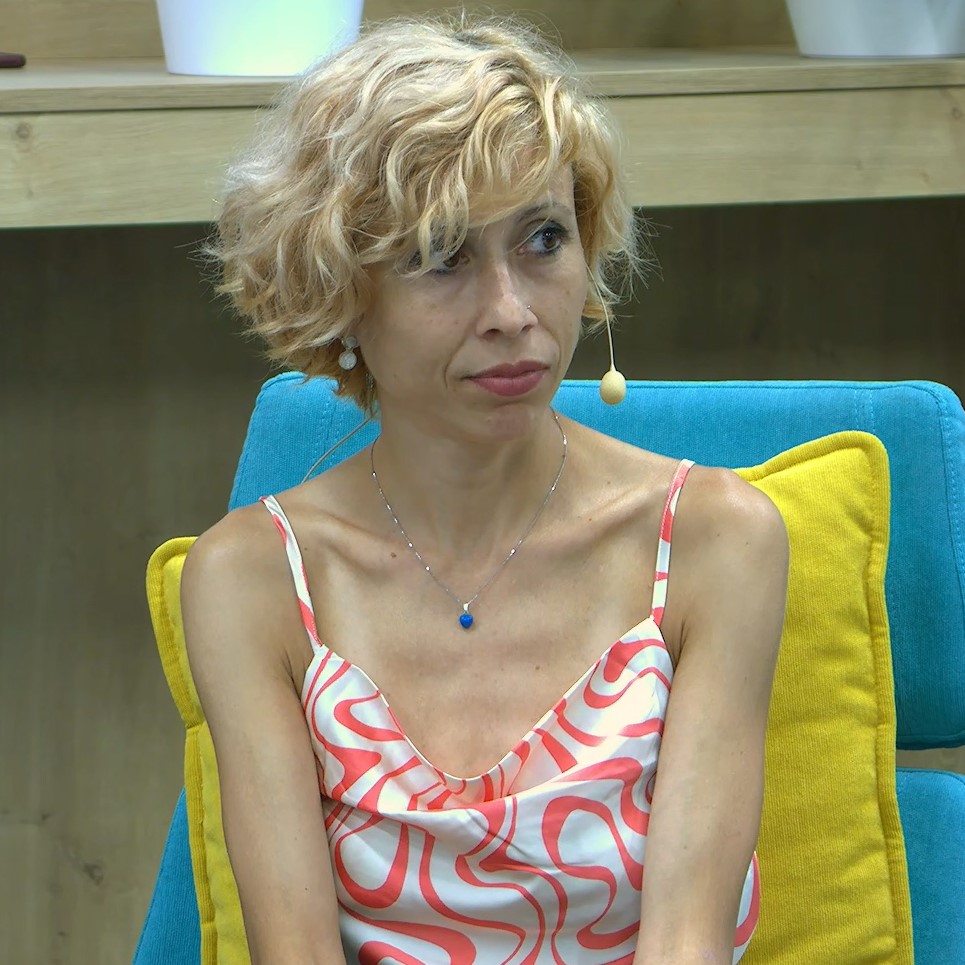A cultural phenomenon, a 350 billion-dollar-a-year industry, a vehicle for developing participatory culture and core skills of the XXI century - media and digital literacy among them; a sport? Or the worst thing that's ever happened to the kids since TV?
 On July 23rd, we'll discuss the unique medium and experience of video games, learning through learning (and the difference between game-based learning and gamification), and moral panic. We will review findings and theoretical frameworks from different fields of interdisciplinary studies, policy and educational approaches and some examples of the integration of video games into the learning process (beyond Minecraft Edu).
On July 23rd, we'll discuss the unique medium and experience of video games, learning through learning (and the difference between game-based learning and gamification), and moral panic. We will review findings and theoretical frameworks from different fields of interdisciplinary studies, policy and educational approaches and some examples of the integration of video games into the learning process (beyond Minecraft Edu).
Date: Tuesday, July 23, 2024
Time: 12 - 1 PM EST
About the Presenter:
 Iglika Ivanova joined the Media Literacy Coalition in Bulgaria in 2019, being engaged in most of the many projects implemented by the organization and elected as a member of the Board of Trustees. She is a PhD candidate in Media Policy and EU Law and a Lecturer at the University of Sofia. She was recently appointed as a state expert in the Directorate of "International Cooperation, European Programs and Regional Activities" of the Ministry of Culture in Bulgaria. She is a MediaEd Forum 2023 and 2024 co-chair and Media Education Lab affiliate member from 2022. A Wikimedian and a player (once upon a time piano, from 2000 - video games).
Iglika Ivanova joined the Media Literacy Coalition in Bulgaria in 2019, being engaged in most of the many projects implemented by the organization and elected as a member of the Board of Trustees. She is a PhD candidate in Media Policy and EU Law and a Lecturer at the University of Sofia. She was recently appointed as a state expert in the Directorate of "International Cooperation, European Programs and Regional Activities" of the Ministry of Culture in Bulgaria. She is a MediaEd Forum 2023 and 2024 co-chair and Media Education Lab affiliate member from 2022. A Wikimedian and a player (once upon a time piano, from 2000 - video games).
This session will be based on Iglika's work, as well as the work of noted scholars. In 2018, Iglika defended a master's thesis on "The role of video games in the development of media literacy" in the European Studies major at Sofia University in Bulgaria before continuing her adventure in the next academic degree. Henry Jenkins, James Paul Gee, Kurt Squire, David Buckingham and Renee Hobbs are among the most cited scholars in this work, along with many strategic and legal documents of EU institutions, Council of Europe, media sources, statistical data and more.
Articles:
Hive Mind –– The Role of Video Games for Developing Participatory Culture and Media Literacy
https://en.hive-mind.community/blog/846,the-role-of-video-games-for-developing-participatory-culture-and-media-literacy